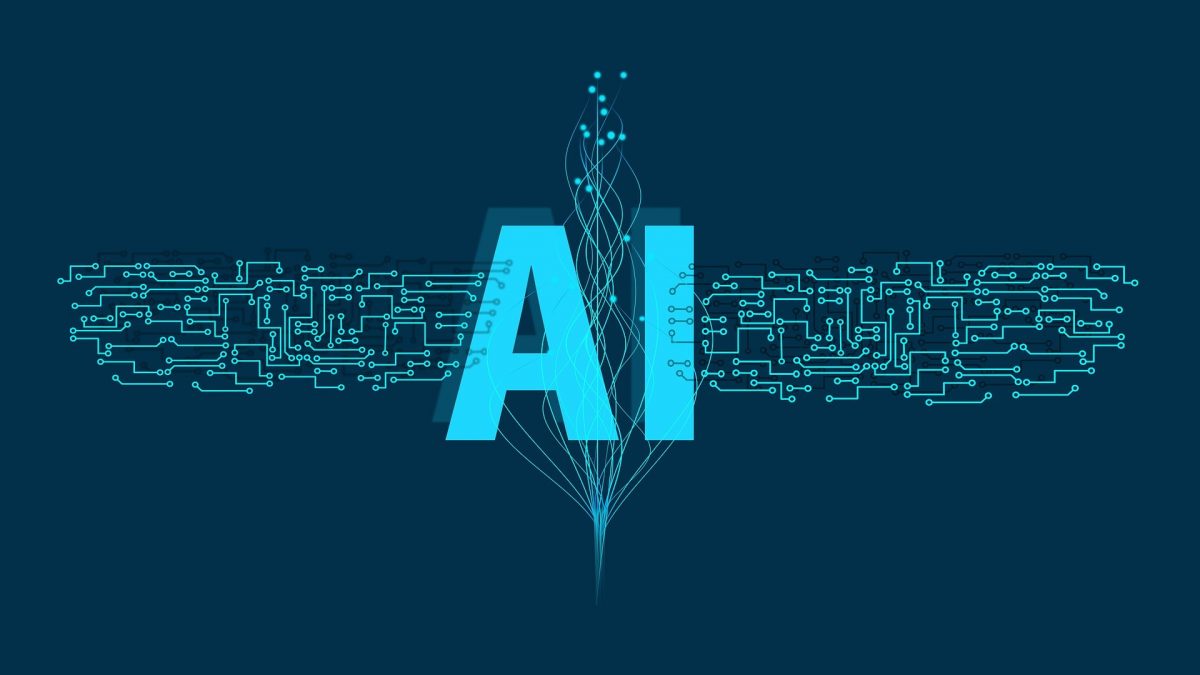
Artificial intelligence systems are literally being developed for every possible use-case imaginable. From hospital X-ray readers, insurance fraud detection, cybersecurity, video-on-demand movie recommendation systems, all the way through to AIs that can write…. poetry?
Yes, you are not dreaming. Last week it was announced that the world’s first AI poetry recital was held by a mechanical robot to honor the 700th anniversary of the poet Dante’s death in 1321.
The performance was given by a state-of-the-art robot called Ai-Da that was created by Aidan Meller in Oxford, England. The amazing achievement of Ai-Da is not that she is the first highly advanced robot to utilize artificial intelligence, but that she is the first to give a poetry recital of poems created entirely by sophisticated artificial intelligence systems.
Ai-Da’s has been being trained for years to master many different human traits that we take for granted. She has been trained to move and talk like a human along with mastering specific challenges such as speech and performing poetry.
She was trained on numerous poems before being given Dante’s “Divine Comedy” to analyze. This allowed her to capture the feel, rhythm, and mood of Dante’s most famous work before she was given the task of creating a new poem that would capture the essence of Dante’s original.
Here are a few lines of that poem so you can judge for yourselves:
“We looked up from our verses like blindfolded captives,
Sent out to seek the light, but it never came
A needle and thread would be necessary
For the completion of the picture.
To view the poor creatures, who were in misery,
That of a hawk, eyes sewn shut.”
Ai-Da’s poetry recital represents a very exciting step forward for both the fields of robotics and artificial intelligence. But this step forward also has one huge implication for many other industries including Artificial intelligence-assisted moviemaking.
Let’s take a look at what this is.

Unlocking the Meaning in Abstraction
The name of the game when it comes to the AI service that AI-assisted moviemaking companies provide is the power and accuracy of the tools that they provide to help filmmakers and producers to do their job better.
It is worth noting that any development that helps further our understanding of ourselves ultimately helps AI systems to improve the accuracy of their insights, whatever they might be.
One of the foundational services offered by AI-assisted filmmaking companies is script analysis. Indeed, to this day, the script analysis undertaken by current AI systems remains the most important foundation to their understanding that allows these AI systems to derive accurate insights on everything from plot development to individual actors’ performances, etc.
It, therefore, comes as no surprise that the advancement in language understanding as displayed by Ai-Da’s poem has huge implications for AI’s understanding of scripts, and with it, what makes a good film.
Poetry is the most expressive and difficult form of any language to grasp, partly because it usually uses short sentences to conjure up complex images and scenarios, and partly because the meaning is often ambiguous.
While AI-Da’s understanding of the abstract nature and meaning that we can derive from language is still in its infancy, as this develops, and with it our AI and ML technologies, her hard work will allow for greater advancements across the board, something which will allow AI developments that are being pioneered for AI-Da to pour over into AI-assisted moviemaking systems too.
How will this benefit them? Well, it will allow for an increasingly accurate understanding of why we humans are the way we are, including how and why we use our language in such specific ways, and ultimately, it will provide a better understanding of human beings in general.
Armed with these two understandings, AI-assisted moviemaking platforms will not only be able to improve the accuracy of their current tools but will be able to add many more too.
Consider, for example, the ability of an AI system to understand the subtext or meaning behind subtle abstractions. Such a system would be able to better identify these in all types of genres including horror and love films, and therefore provide better insights.
A current AI system trying to understand a David Lynch movie-like such as Lost Highway (1997), for example, ends up with huge gaping holes in its understanding due to the surreal nature of much of the content.
By having a better mapping of abstractions and their potential meanings, future AI systems will be able to better analyze surreal or abstract themes to provide better insights to filmmakers.
Let’s consider one example. The horror film relies on numerous key mechanisms to successfully convey fear to an audience. One of these is the fear of the unknown. Filmmakers throughout film history have exploited this fear in order to scare their audiences, David Lynch is a prime example. Rather than using scare techniques like monsters suddenly jumping out or scary music, etc., Lynch has been consistently able to scare audiences by creating tension derived from bizarre and often unexplainable characters and events.
Future AI systems will be able to accurately interpret the effects on audiences by such techniques and provide valuable insights as to their effect on audiences.
This is a big deal since abstraction is often the hardest effect to nail down in terms of its effect on an audience. Futuristic AI systems derived from the work that AI-Da and other AI systems like her are now doing will pave the way for powerful new tools that help filmmakers utilize the power of abstraction to make even more powerful films in the future.





Stay connected